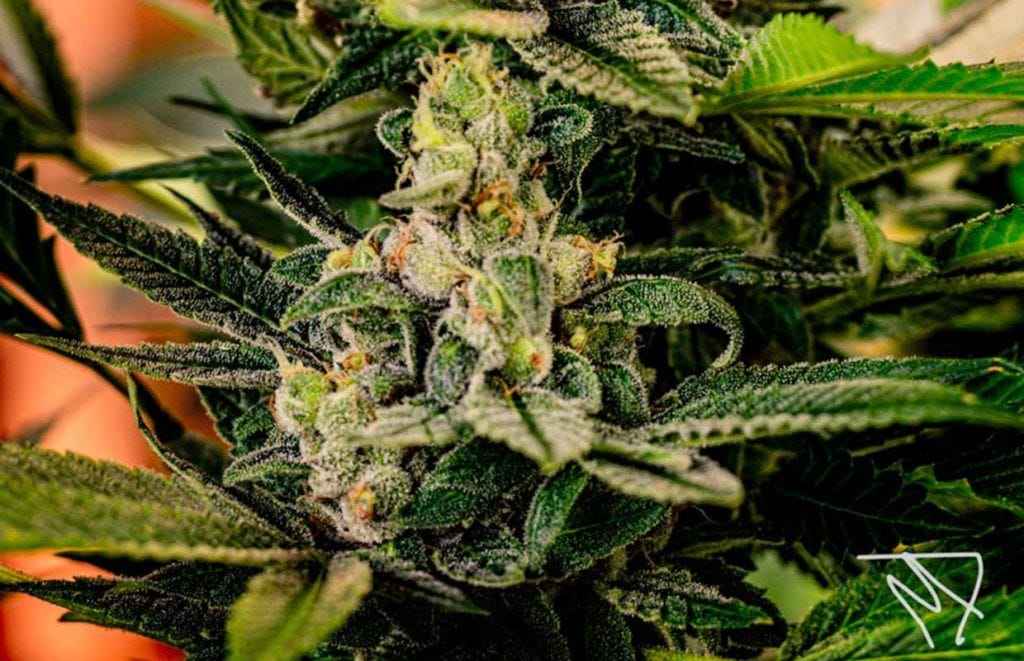Introduction:
Cannabis, also known as marijuana, has been a topic of fascination and controversy for decades. Its psychoactive properties have intrigued researchers, psychologists, and users alike.
The relationship between psychology and cannabis is multifaceted, with both potential therapeutic benefits and associated risks.
In this blog post, we will delve into the intricate connection between psychology and cannabis, examining how cannabis affects the mind, its potential mental health implications, and the role of psychology in understanding and harnessing its benefits.
Cannabis and the Brain:
Cannabis interacts with the human brain through its complex array of chemical compounds, including delta-9-tetrahydrocannabinol (THC) and cannabidiol (CBD). These compounds engage with the endocannabinoid system, which plays a crucial role in regulating various physiological processes, including mood, memory, and pain perception.
- Euphoria and Altered Perception: THC, the primary psychoactive component of cannabis, is responsible for the characteristic “high” experienced by users. It can induce feelings of euphoria, altered perception of time, and changes in sensory perception.
- Memory and Cognition: Short-term memory impairment is a well-known effect of cannabis use, particularly in higher doses. This can affect cognitive functions like learning, problem-solving, and decision-making.
- Mood and Anxiety: Cannabis can influence mood, potentially leading to relaxation, happiness, or, in some cases, heightened anxiety or paranoia. The effects can vary greatly among individuals.
Therapeutic Applications of Cannabis
Psychologists and researchers have explored the therapeutic potential of cannabis for various mental health conditions, including:
- Anxiety Disorders: Some individuals find relief from symptoms of anxiety disorders through the use of CBD-dominant strains, which may have anxiolytic (anxiety-reducing) effects.
- Post-Traumatic Stress Disorder (PTSD): Cannabis may help alleviate symptoms of PTSD, such as nightmares and flashbacks, by modulating the endocannabinoid system.
- Chronic Pain: Cannabis has been used as an analgesic for chronic pain, with the potential to improve mood and quality of life for those experiencing pain-related psychological distress.
Potential Mental Health Risks
While cannabis has therapeutic potential, it’s crucial to acknowledge the potential mental health risks associated with its use:
- Psychosis: Some individuals may experience psychosis, characterized by hallucinations, delusions, and disorganized thinking, especially with high-THC strains.
- Dependency and Addiction: Cannabis use disorder can develop, leading to dependency and addiction, which can have adverse psychological and social consequences.
- Impaired Cognitive Function: Long-term, heavy cannabis use can impair cognitive function, particularly in adolescents, whose brains are still developing.
The Role of Psychology in Cannabis Research and Treatment
Psychologists play a pivotal role in understanding the psychological effects of cannabis and developing effective interventions. Their contributions include:
- Research: Psychologists conduct research to investigate the impact of cannabis on mental health, cognitive function, and behavior. This research helps inform public health policies and treatment strategies.
- Assessment and Diagnosis: Psychologists assess and diagnose individuals with cannabis use disorder and co-occurring mental health conditions, enabling tailored treatment plans.
- Therapy and Counseling: Psychologists provide therapy and counseling to individuals struggling with cannabis-related issues, helping them manage symptoms, reduce dependency, and improve their mental well-being.
Conclusion
The relationship between psychology and cannabis is a dynamic and evolving field of study. Cannabis can have both positive and negative effects on mental health, depending on individual factors, dosage, and strain type. While it holds promise as a therapeutic agent for certain mental health conditions, it also poses risks, particularly when used inappropriately or excessively.
Psychologists play a critical role in conducting research, assessing and diagnosing individuals, and providing treatment and support. Their expertise is essential in helping individuals navigate the complex interplay between psychology and cannabis, ultimately promoting responsible use and safeguarding mental well-being. As our understanding of cannabis continues to grow, psychology will remain at the forefront of this evolving discourse, contributing to informed decision-making and improved mental health outcomes.


Pingback: A Creative Dive into the Benefits of Cannabis